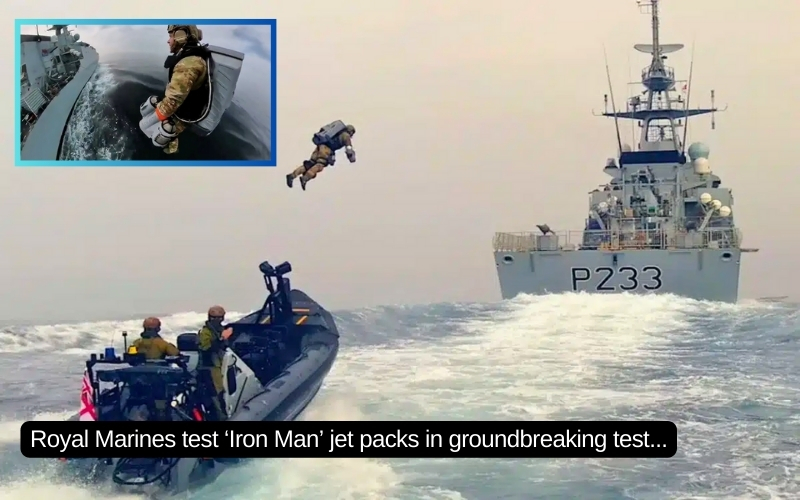Update – September 19, 2023:
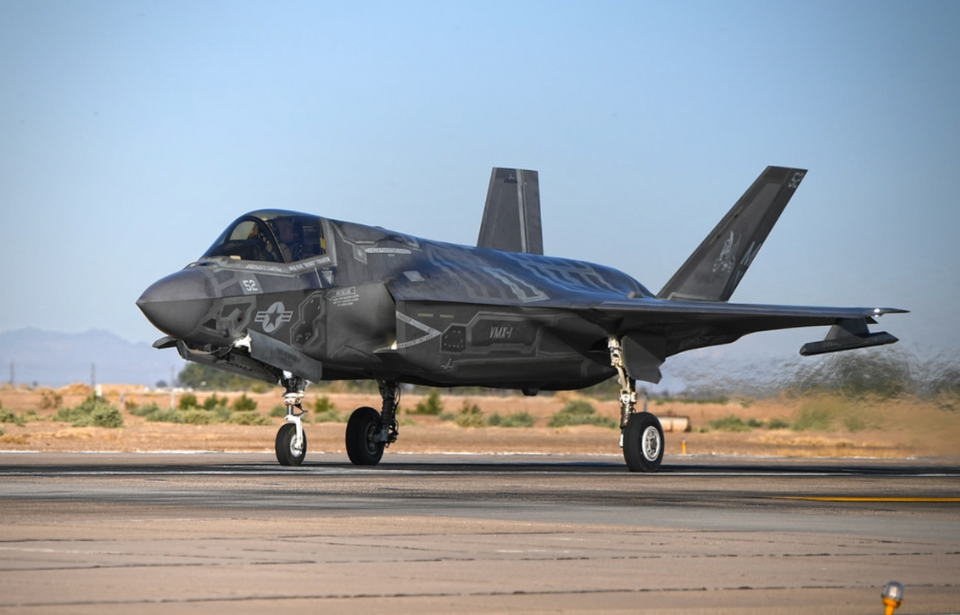
The crash site of the Lockheed Martin F-35B Lightning II that went missing over South Carolina on September 17, 2023 has been located – and its produced more questions than answers. Among them is whether the aircraft had actually been left on autopilot after the pilot ejected.
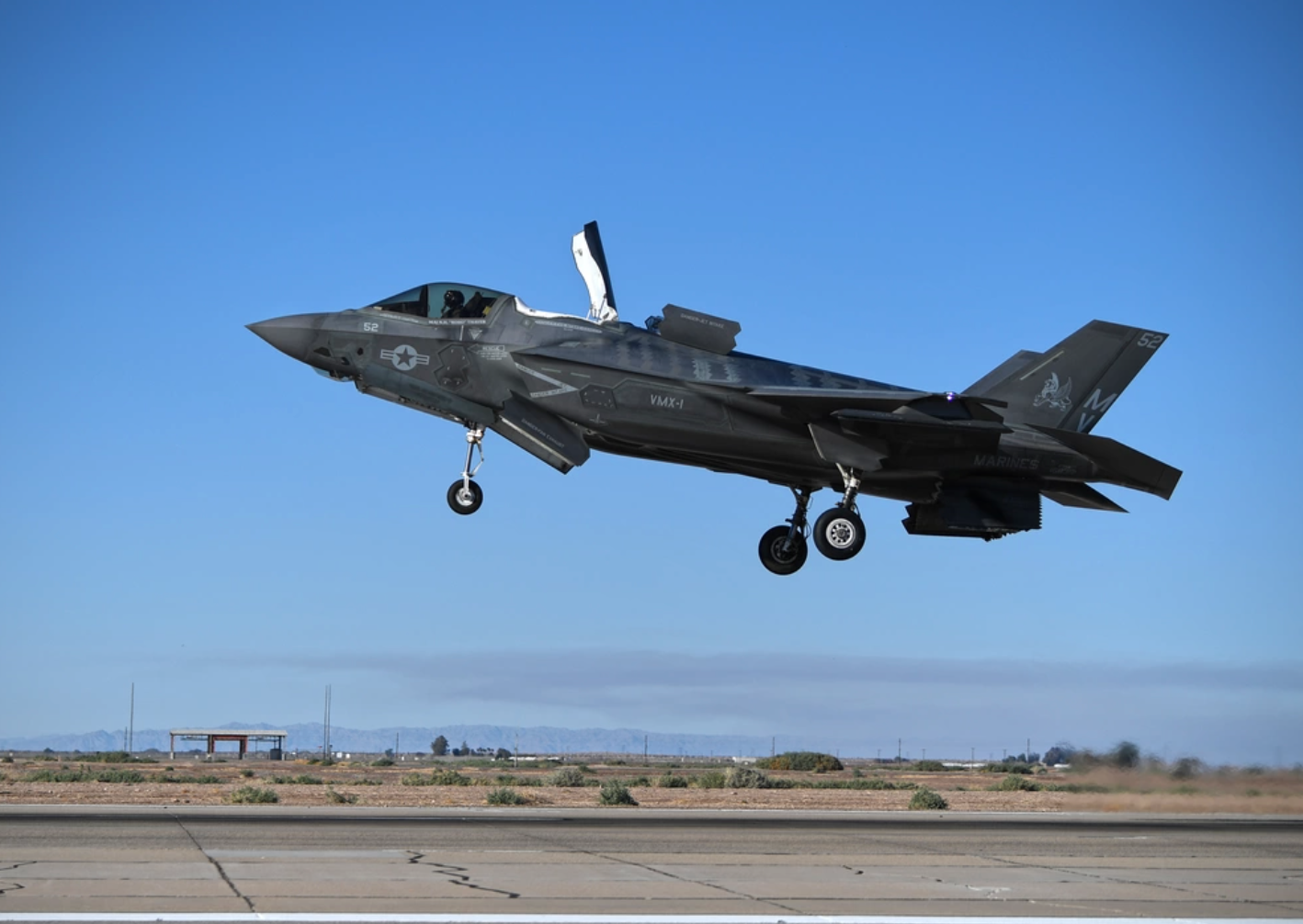
According to new reports, the F-35B was one of two that took off from Joint Base Charleston on the afternoon of September 17. Just after 2:00 PM, one of the pilots ejected, landing via parachute into a residential backyard in north Charleston. While it was initially thought that they ejected from the aircraft of their own accord, there’s now questions as to if the aircraft, which has an auto-eject feature, forced the aviator out.
It was three hours later that the public first learned of the incident and that the F-35B was missing. After over a day of searching, at around 6:30 PM on September 18, a debris field was found in rural Williamsburg County, near Indiantown, approximately two hours from Joint Base Charleston and 60 miles from where the aircraft was last seen.
According to USA Today, the incident is now classified as a “Class-A mishap,” which occurs for one of three reasons: someone dies or is permanently disabled, damages exceed $2.5 million or a Department of Defense aircraft is destroyed. The F-35B costs around $100 million, and the F-35B is operated by several branches of the US military.
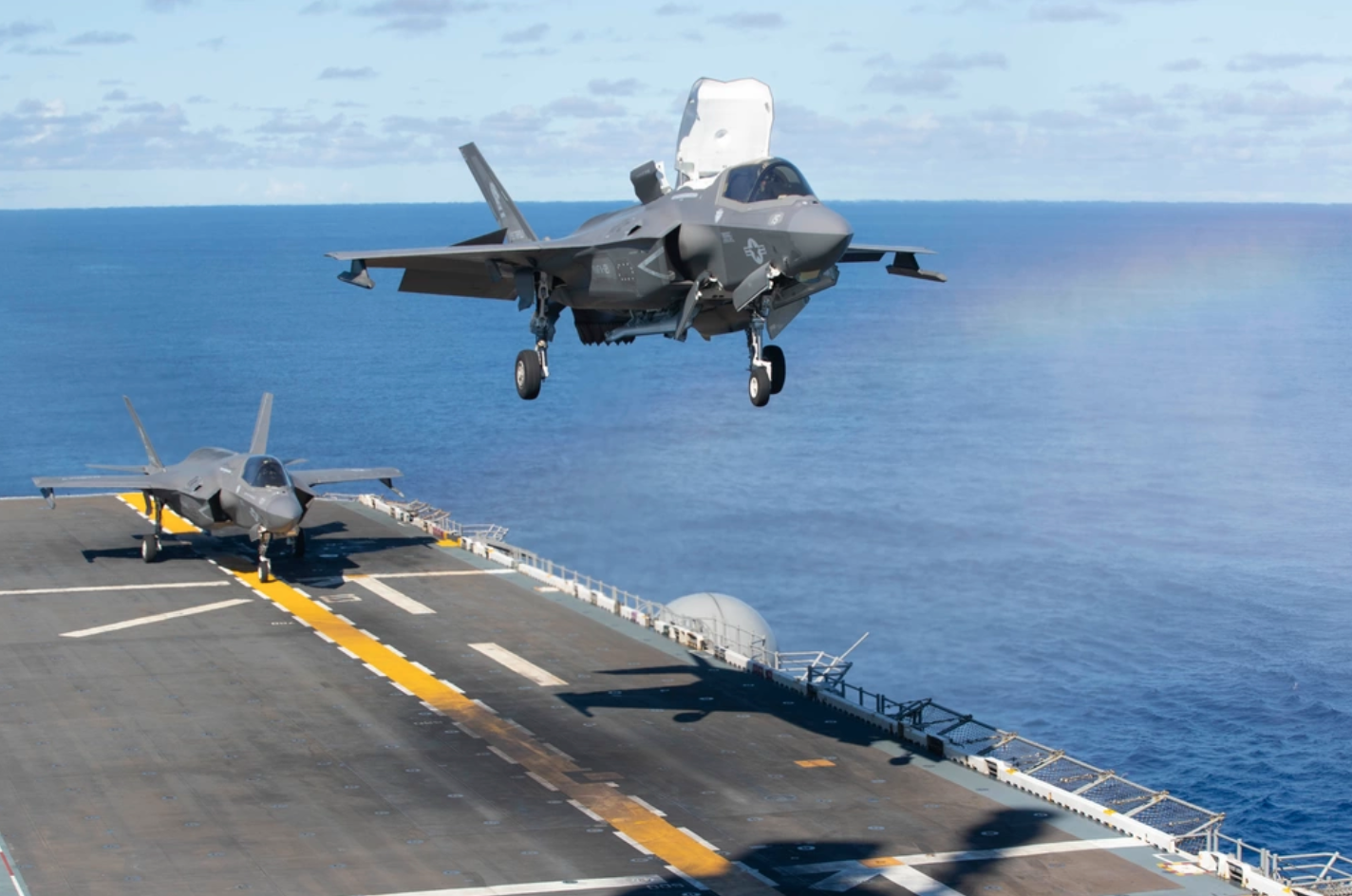
As aforementioned, one of the questions surrounding the F-35B’s loss is whether or not it had been left on autopilot, with Jeremy Huggins, a spokesman for Joint Base Charleston, telling NBC News that officials are no longer sure if that was the case.
There’s also a question as to why the transponder didn’t appear to be working. Speaking with NBC News, J.J. Gertler, a senior analyst at Teal Group, said that the ejection seat’s motors are so powerful that they could have “cooked the electronics, the wires, cut off power to the transponder, among other things.” There’s also the possibility that it didn’t turn on because it was flying with another F-35B.
Residents are currently being asked to avoid the site of the debris field while a recovery team works to secure and clear the area.
Original Article – September 18, 2023:
The US Marine Corps is requesting the public’s help in locating a missing Lockheed Martin F-35B Lightning II after its pilot was forced to eject mid-flight. While the aviator was sent to a medical center in stable condition, the aircraft’s whereabouts remain unknown.
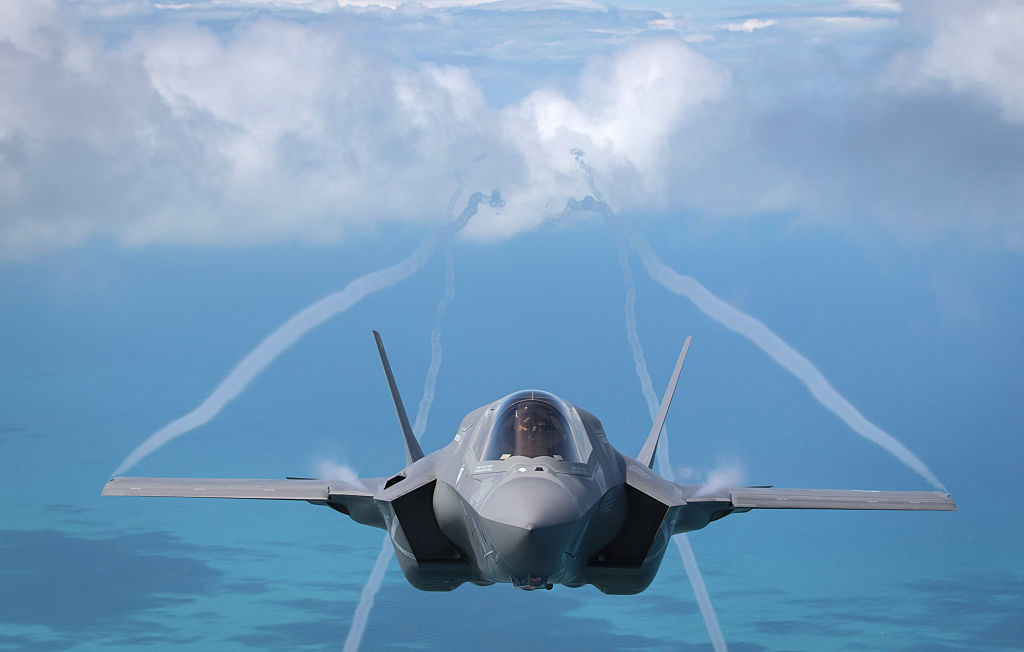
The “mishap” took place north of Charleston, South Carolina, when a pilot with Marine Fighter Attack Training Squadron 501 (VMFAT-501), based out of Marine Corps Air Station Beaufort, ejected from the F-35B for unknown reasons. While the pilot is recovering, attention has turned to locating the aircraft, which may not have had its transponder turned on. It’s also unknown at this moment if it was carrying any weapons.
Posting to X (formerly Twitter) shortly after the incident on September 17, 2023, officials with Joint Base Charleston revealed, “We’re working with @MCASBeaufortSC to locate an F-35 that was involved in a mishap this afternoon. The pilot ejected safely.”
They added, “Based on the jet’s last-known position and in coordination with the FAA, we are focusing our attention north of JB Charleston, around Lake Moultrie and Lake Marion.” A tweet posted the next day added that federal, state and local authorities are involved in the search, which includes both ground and air efforts.
Rep. Nancy Mace (R-SC) took to X to share her disbelief over the situation, writing, “How the hell do you lose an F-35? How is there not a tracking device and we’re asking the public to what, find a jet and turn it in?”

It’s since been revealed that the F-35B was left on autopilot before it went missing, so there’s a slight possibility that it could still be airborne, Jeremy Huggins, a spokesperson for Joint Base Charleston, told NBC News.
However, if the aircraft has crashed into one of the two lakes, search crews are in for some work. Lake Moultrie is described by The Washington Post as “a murky body of water that is 75 feet deep at its deepest point and 14 miles across at its widest,” which means the F-35B won’t be easy to spot.
Lake Marion won’t be any easier to search. According to Wikipedia, it has a surface area of 110,000 acres, with a maximum depth of 76.77 feet and an average depth of 13.12 feet.
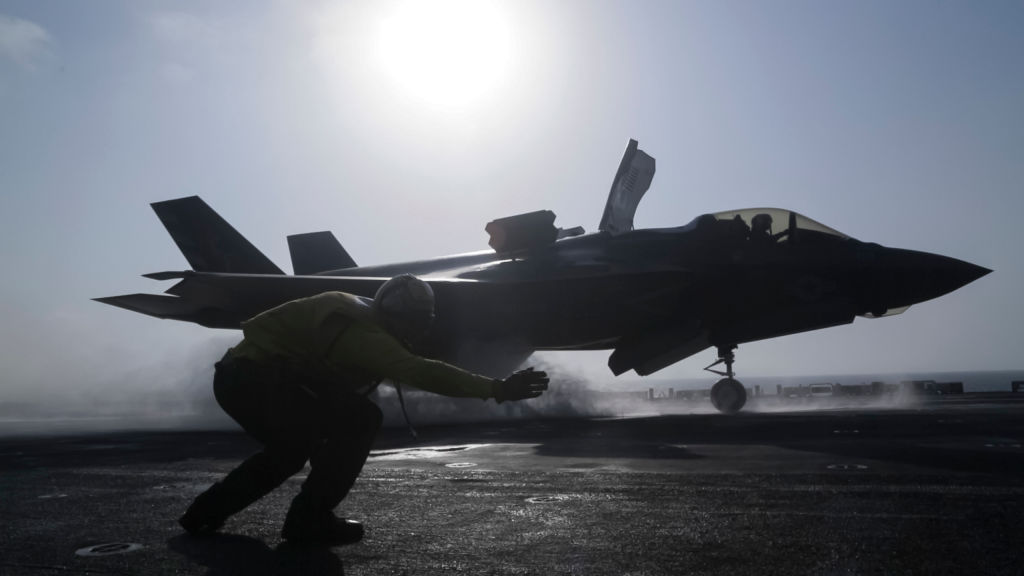
The F-35 Lightning II is a stealth multirole combat aircraft that’s capable of performing a number of roles outside of its strike and air superiority duties, such as electronic warfare, surveillance and reconnaissance. Developed by Lockheed Martin as part of the Joint Strike Fighter (JSF) program, it’s described “as the most lethal, survivable and connected aircraft in the world.”
The F-35 first entered service with the Marine Corps in July 2015, with the US Air Force and Navy adopting it in ’16 and ’19, respectively.
Marine Fighter Attack Training Squadron 501, with whom the pilot serves, is tasked with training aviators and support crews on how to operate the F-35. Its members also take part in airshow demonstrations.




